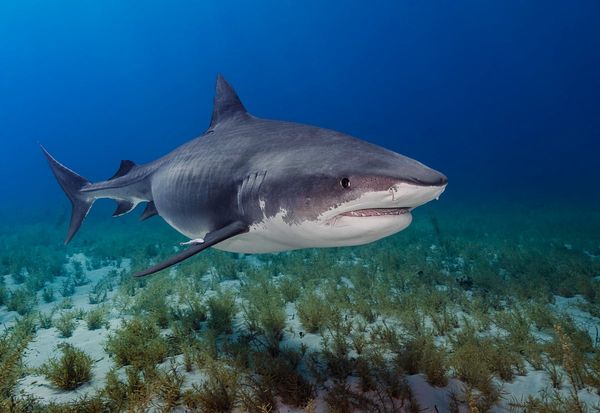Owls may be considered inauspicious by some in Kerala, but the nocturnal bird is an indispensable part of occult practices in rural Karnataka and some northern States. It is often sacrificed to ‘ward off’ bad luck, while there are communities that still follow the superstitious custom of dabbing its blood on the main entrance of commercial establishments.
Red sand boa, locally known as ‘iruthala moori’, is supposed to bring prosperity and the reptile continues to be a fancy item among poachers.
Both have high demand in trafficking circles and they are frequently spotted at clandestine virtual platforms where they are sold for exorbitant prices. Despite strict preventive and enforcement measures in place, wildlife traders are using social media and private online groups to market protected species. According to Wildlife Crime Control Bureau (WCCB), while everything from pangolins to musk pods are available, many products being sold are fake.
“It’s nearly impossible to infiltrate sophisticated wildlife trafficking networks. You need multiple references to enter such groups, but we have access to some groups and have carried out several operations based on the intel,” says an official.
Wildlife traders usually use devices that are not easy to trace while exchanging pictures of protected species and conducting auctions. “Tracing them with the help of the cyber cell is often a time-consuming exercise and at present, we do not have the resources to expedite the process. It is a huge challenge,” adds the official.
Despite wildlife activists and enforcement authorities joining hands to prevent illegal purchases, poaching and trafficking continue due to the demand. “It is a fake trade with overhyped price tags. Lot of wildlife captures are happening due to baseless myths and superstitions. The musk pods available are not original but just some kind of scent wrapped in fox skin, and the tiger claws are made of cow horns,” says Jose Louies, chief of enforcement, Wildlife Trust of India.
Meanwhile, the inflow of illegal invasive species into the State poses another serious threat. Mr. Louies says Kerala is a State with huge domestic market as it has many animals protected under the Convention on International Trade in Endangered Species of Wild Fauna and Flora (CITES).
“Kerala is only second to West Bengal when it comes to exotic pet stock. The State has a huge population of captive exotics and this is going to affect the biodiversity of Kerala. People buy these pets, keep them for some time and release them and this will have a severe impact on our ecosystem. This is a serious issue that needs to be addressed,” he says.







